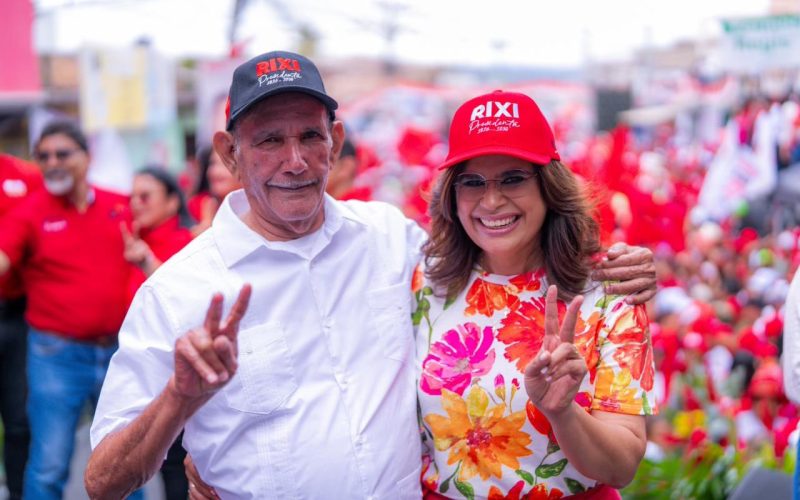With the general election less than a month away, Rixi Moncada, the presidential candidate for the LIBRE party, is seeing a consistent drop in voter intention metrics, coupled with a rise in public disapproval, as indicated by recent opinion surveys. Experts link this trend to how urban and middle-class demographics perceive her rhetoric directed at the nation’s productive sector.
Financial discourse and corporate outlook
Moncada’s declarations regarding the necessity to “regulate and reorganize the function of national enterprises” have been perceived by numerous economic participants as a potential menace to the commercial environment. This viewpoint has sparked apprehension among investors and entrepreneurs, who highlight that a more intrusive strategy might negatively impact capital expenditure and employment generation.
Public opinion experts point out that in a country with high levels of unemployment, the political impact of this type of discourse can be significant. “His discourse is alienating those who generate employment,” explained one economist consulted, emphasizing that the rejection is not limited to business sectors, but extends to citizens concerned about economic stability.
Chambers of commerce and various business organizations have voiced apprehension regarding the ambiguity within LIBRE’s propositions, particularly concerning matters of legal assurance, taxation, and adherence to fair market competition. These aspects seem to be crucial considerations for the electorate who value economic stability and ongoing business operations.
Political positioning of the LIBRE party
In response to the criticism, LIBRE leaders defended Moncada’s proposal, assuring that his project seeks to “balance economic power and strengthen social justice.” They also pointed out that warnings about a possible impact on investment are part of “a fear campaign promoted by privileged sectors.”
The confrontation between campaign messages highlights the tension between two perspectives: one that emphasizes state intervention to promote equity and one that prioritizes the continuity of the market model as a mechanism to sustain employment and investment. This polarization is reflected in the redistribution of electoral support, with candidates promoting economic stability and openness to foreign investment gaining ground in recent polls.
Obstacles in the campaign and the electoral forecast
The decline in voting intention figures poses a challenge for the LIBRE candidate in the weeks leading up to the election. To reverse the perception of economic insecurity, it will be crucial to clearly define and communicate concrete measures that guarantee financial stability, investment protection, and job creation.
In this context, the election campaign finds itself at a crossroads: the need to address demands for social justice and citizens’ expectations for economic stability. The ability of Moncada and her party to balance these factors could determine the mobilization of undecided voters and the consolidation of their electoral base in the final weeks leading up to the election.




